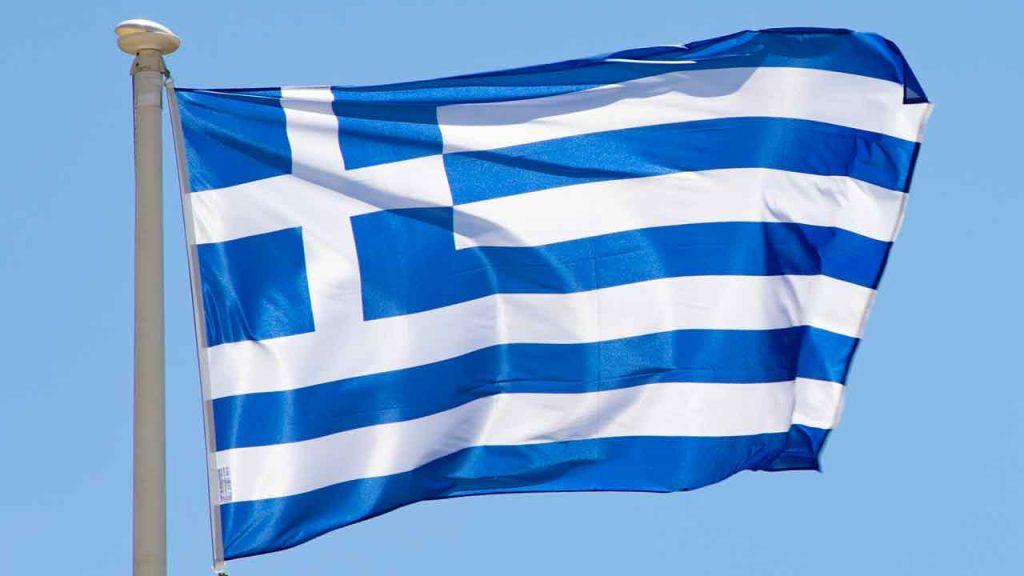A Greek-flagged oil tanker was attacked while traveling through the Red Sea suspected to have been carried out by Yemen’s Houthi rebels. The vessel was left “not under command” and drifting ablaze after the assault, according to the British military. The attack, believed to be the most serious in the Red Sea in weeks, is part of a monthslong campaign by the Houthis targeting ships over the ongoing Israel-Hamas war in the Gaza Strip. This campaign has disrupted a trade route through which $1 trillion in cargo typically passes each year. The vessel was targeted by small boats with small arms, followed by four projectiles hitting the ship, leaving it powerless and on fire. The attackers have not yet been identified or taken responsibility for the attack.
The Greek shipping ministry later identified the vessel as the tanker Sounion, which had 25 crew members on board at the time of the attack as it was traveling from Iraq to Cyprus. An additional ship in the Gulf of Aden was targeted with three explosions that occurred in the water close to it, though no damages were reported. The attacks by the Houthis on ships have been ongoing since the war in Gaza began in October, with over 80 vessels being targeted with missiles and drones, resulting in the seizure and sinking of several vessels and the deaths of multiple sailors. The Houthis claim to be targeting ships linked to Israel, the United States, or the UK in an effort to force an end to Israel’s conflict with Hamas in Gaza. However, many of the ships targeted have little to no connection to the conflict, including those bound for Iran.
The Houthis have also launched drones and missiles towards Israel, resulting in casualties and damage. In response, the U.S. military has deployed additional assets to the region, including the USS Abraham Lincoln aircraft carrier strike group, the USS Georgia-guided missile submarine, and F-22 fighter jets. The USS Theodore Roosevelt aircraft carrier strike group is in the Gulf of Oman, and the USS Wasp, carrying F-35 fighter jets, is in the Mediterranean Sea. This escalation comes as Iran threatens to retaliate against Israel over the assassination of Hamas leader Ismail Haniyeh in Tehran. The increased military presence in the region is meant to deter further attacks on commercial ships and maintain stability in the area.
The recent attacks on vessels in the Red Sea and Gulf of Aden signal an escalation in tensions in the region, with the Houthis continuing their campaign against ships they believe are connected to Israel, the United States, or the UK. While the exact motives behind these attacks remain unclear, the disruption of the important trade route through the Red Sea is a cause for concern. The attacks have resulted in casualties and damage to vessels, raising the risk for further escalation and potential conflict. The involvement of international military forces, including the U.S. Navy, signals a commitment to ensuring maritime security and deterring future attacks in the region.
As tensions mount in the Middle East, the targeting of commercial vessels in strategic waterways poses a threat to global trade and security. The attacks by the Houthis on ships traversing the Red Sea and Gulf of Aden highlight the vulnerability of maritime traffic in the region. The involvement of international naval forces is a response to the escalating situation and a show of force to deter further attacks. The ongoing conflict between Israel, Hamas, and Iran adds complexity to the situation and increases the risk of further violence and instability. The coming days will be crucial in determining how the situation unfolds and whether diplomatic efforts can help de-escalate tensions and restore peace in the region.













